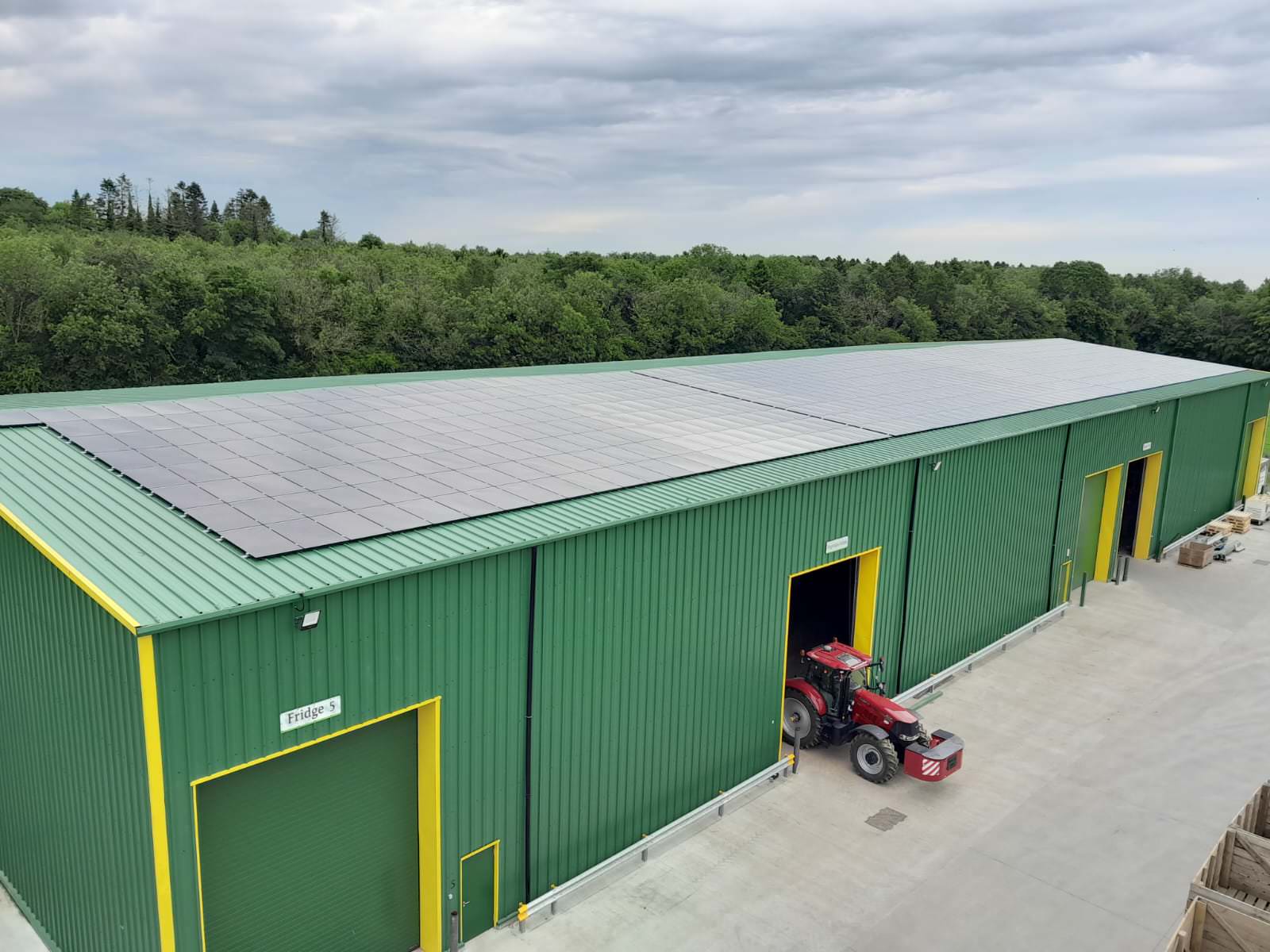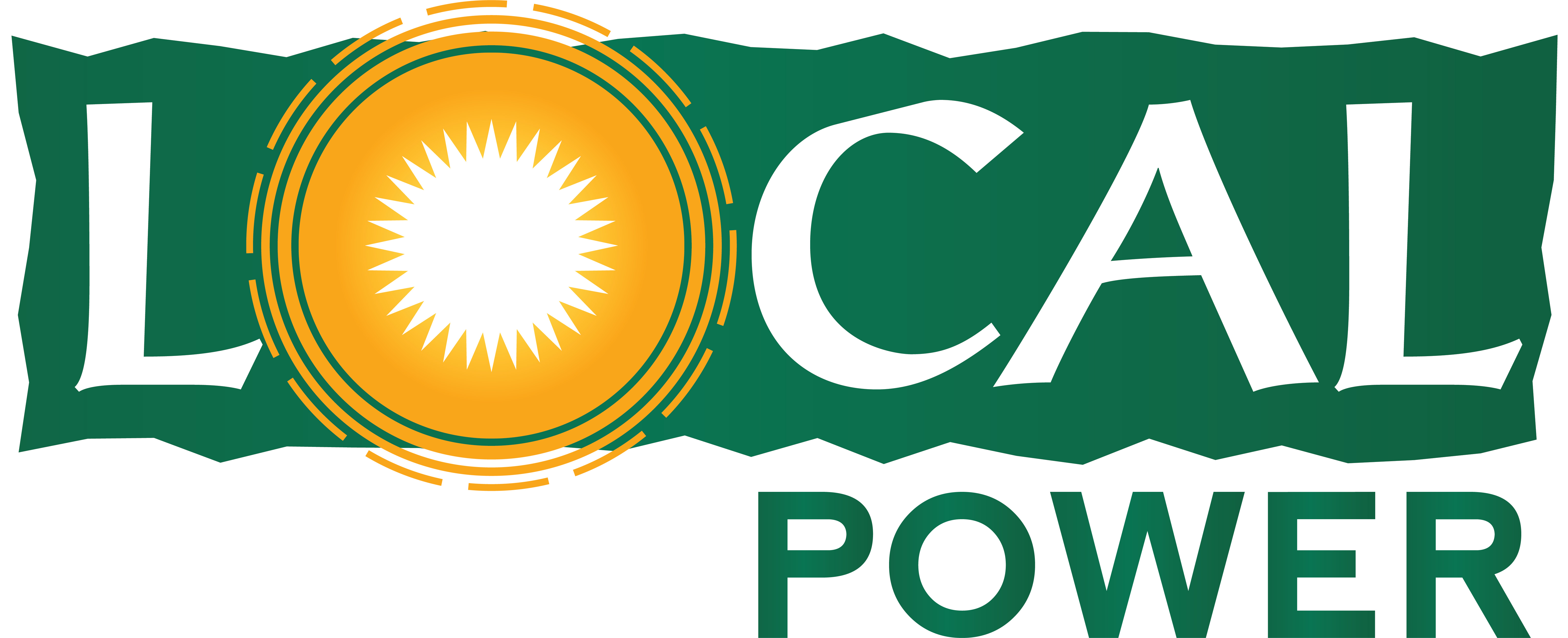Solar PV on Farms: Is it a Good Investment?
The agriculture industry in Ireland is constantly seeking new ways to improve operations and boost efficiencies. One aspect of this, of huge relevance today, is energy consumption and costs. The good news is that there is a solution that not only reduces energy costs but also has a positive impact on the environment – Solar PV.
A well-established technology
Solar photovoltaic (PV) systems have come a long way in recent years and have become a well-established technology across the world. The deployment of solar PV systems is doubling every year, making it a reliable and predictable source of energy. Solar PV systems are all electrical, with no moving parts, making them low maintenance and perfect for the Irish climate.
Choosing the right system
When choosing a Solar PV system, technology and warranties matter. Warranties are of the utmost importance, especially in the context of a farming environment, and it’s important to read the fine print to ensure they are comprehensive with minimal exclusions. For instance, if you’re a farmer near the coast you don’t want to find that your panels aren’t warranted against salt erosion when they’re already on the roof. Performance, quality, and reliability are also key factors when choosing the right Solar PV system for your farm. Glass-glass modules offer increased protection to the PV cell when compared to glass-foil panels and generally have a lower degradation rate which makes them ideal for farm environments.
At Local Power Ltd we offer Solarwatt glass-glass panels. They offer reliable high electricity production over many decades and come with 30-year product and 30-year performance guarantees. (And for any farmers on the coast, they’re not only built to withstand salt erosion, they’re also warranted against it.)

A hedge against rising energy costs
Solar PV is a great hedge against rising energy costs. In the past year, electricity prices have increased significantly and this trend looks set to continue into the future. Higher daytime energy costs improve the payback for Solar PV and make the economics of storing solar energy, and night-time grid-energy, with battery storage more attractive than ever. The right Solar PV system can be designed to optimize for self-consumption and maximize the economic benefits for your farm.
Grant and tax benefits
In addition to reducing energy costs, Solar PV also has financial benefits in the form of grants and tax incentives. The new TAMS grant, promised in 2023, can assist with the capital outlay, with a promise of a significant grant up to 60%. VAT is fully refundable for non-VAT registered farms and 100% of the net outlay can be written off against tax in year 1. This can be as much as a 54% tax write-off for sole traders at the high rate of tax.
Grid-connection
For farmers and businesses wishing to install a larger Solar PV system, the Mini Generation Scheme allows single-phase connections to secure a grid connection that will allow up to 22.5 kWp of Solar PV to be installed. Farms and businesses with three-phase connections will be able to secure a grid connection for up to 75 kWp of Solar PV being installed.
In conclusion, Solar PV is a very good economic and environmental investment for farms. As long as you choose the right technology, you will enjoy decades of free energy from your Solar PV system, making it a no-brainer investment. With its low maintenance, predictable generation output, and financial benefits, the case for installing Solar PV on farms is stronger than ever.
To learn more about how Local Power Ltd can help you go Solar visit our website or contact us today.



[…] Solar PV on farms: Is it a good investment? […]